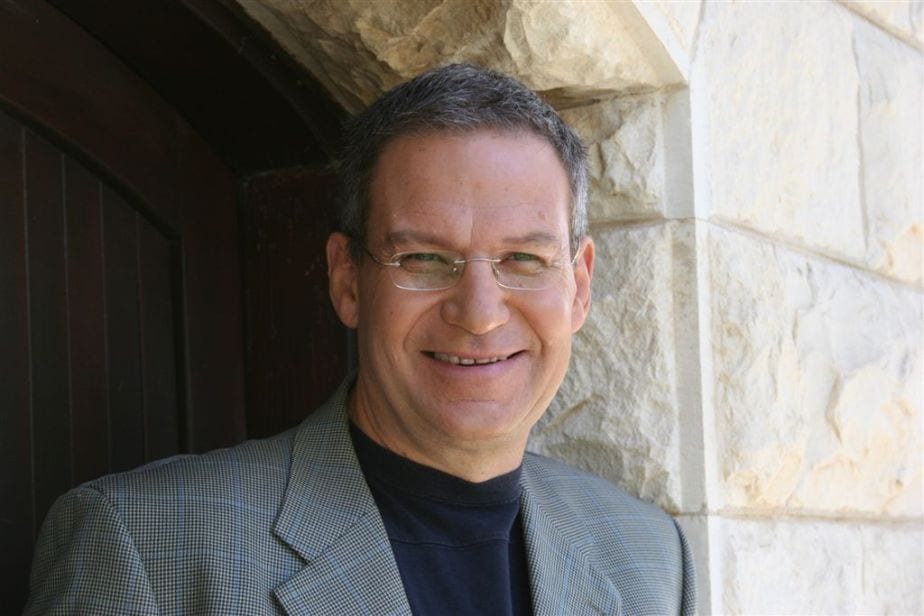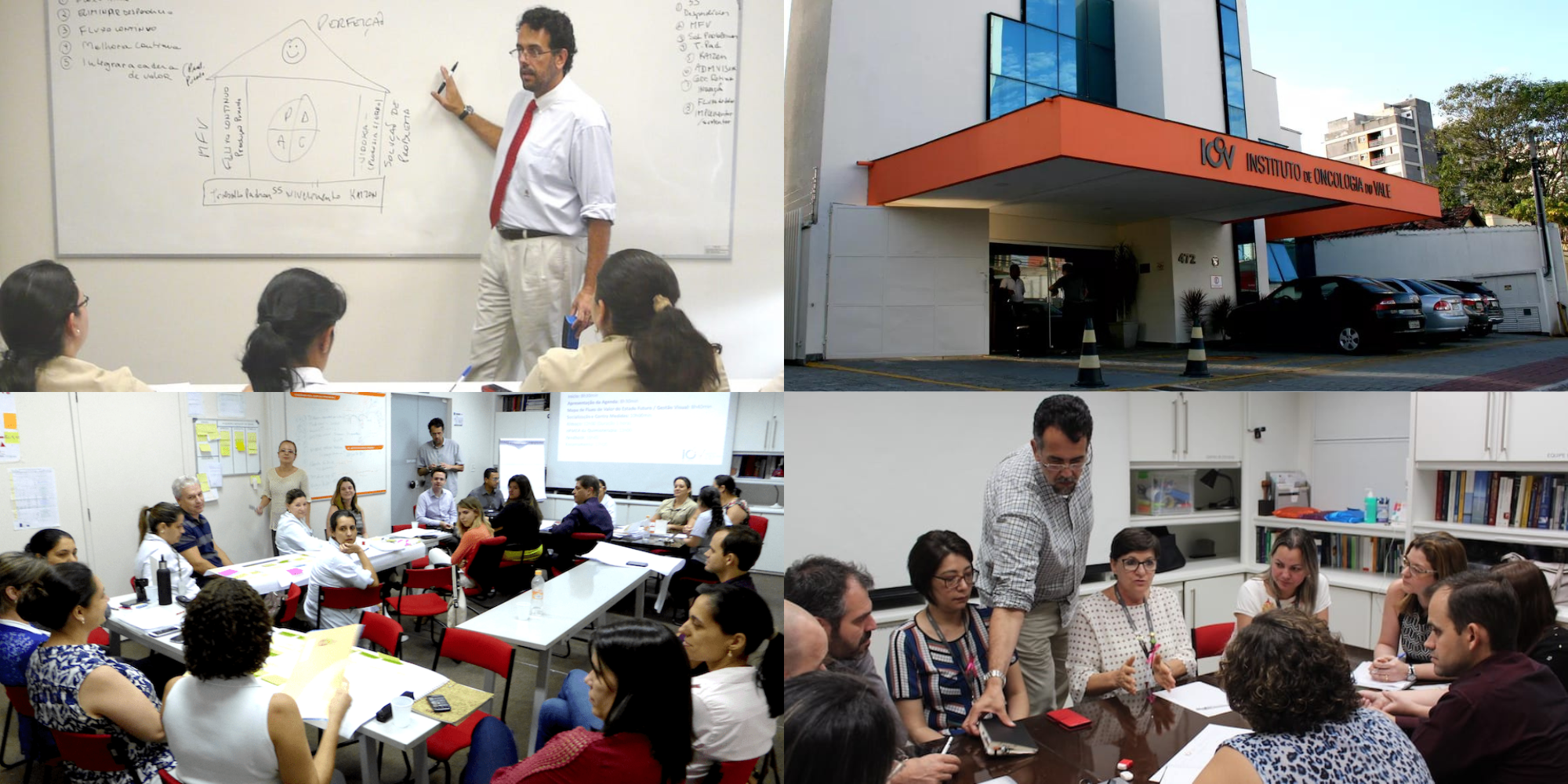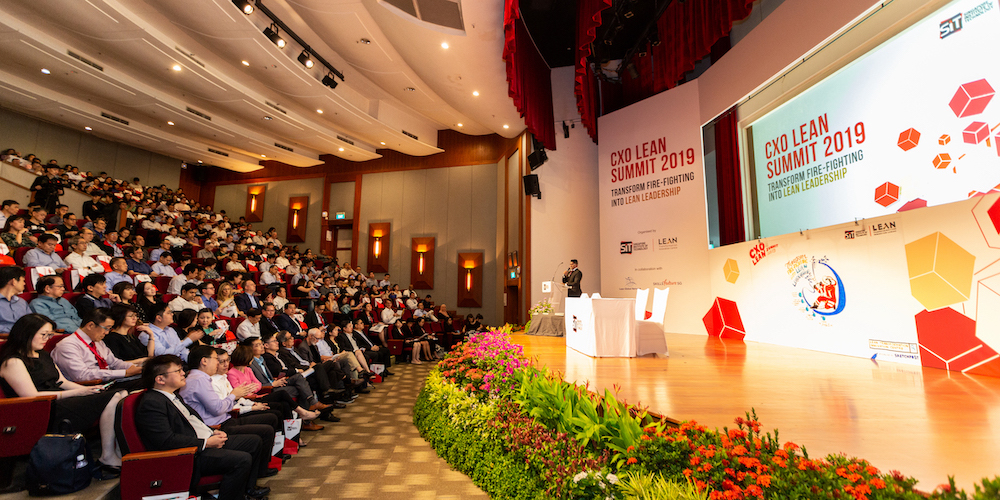
Boaz Tamir on why we must do more than just go see
COLUMN – Want to grasp the current situation? Then you must go to the gemba, but it would be a mistake to think that alone is enough to change your business… you also have to ask why and show respect.
Words: Boaz Tamir, President, Israel Lean Enterprise
The CEO of a company had encouraged his staff and the board members to go out into the field to observe the working environment up close. The following day, a particularly zealous executive team member decided to get up early to watch the teams as they walked in for the morning shift.
He was appalled to discover piles of garbage, discarded packaging laying everywhere, squashed paper cups in puddles of coffee and machine parts scattered around the workshop. He promptly photographed the working space and immediately showed the pictures to the board, who didn’t wait long to reach their conclusions: the evening shift had left quickly and not bothered to clean and tidy up, which meant the morning shift had to waste precious time. All the board really did was blaming: “Who was the shift manager?” “Who heads the team?” “We can’t let this go!” In the end, they decided to increase on-the-ground supervision and created a management system based on filling out reports and giving out grades for the level of cleanliness – after all, if it isn’t measured, it can’t be managed!
Not a single member of the board tried to understand the situation or the real reasons behind this failure. No one asked, “Why?” And no one contemplated the idea of bringing the problem up with the line managers and workers to make them accountable. The underlying corporate assumption suggested that if the line teams are part of the problem, they can’t be part of the solution.
Unfortunately, negative examples like this abound in the business world. One I came across entailed the relationship between a hospital’s management and support teams. I was working with the cleaning staff in an operating room, following them as part of an effort to introduce standardized work, improve care quality and safety, and shorten the turn-around time for the operating room.
As we entered the surgical theater, we saw Walid (not his real name) and his colleague cleaning up and preparing the operating room for the next patient. I stopped Walid for a moment and asked him to go over the form detailing the order the cleaning procedure is supposed to follow, which had been translated into Arabic especially for the janitorial staff. He smiled in embarrassment, and said: “If I knew how to read, maybe I would be a doctor!”
“You have been working here for over 10 years and none of the managers know that you can’t read?” I asked, amazed.
“How would they know?” he replied quickly.
I then asked him when anyone from the company’s management or from the firm to whom the work had been outsourced had last visited him at the gemba and he just shook his head, without answering. He quickly returned to his work to cut down the turn-around time.
I later asked Walid’s team to prepare a flow chart and make suggestions to define a logical order for the cleanup activities. Walid took the notebook and very precisely drew the structure of the operating room, and, after discussing it with his colleague, drew visual instructions for the order of activities, which we all agreed on. Working together to design the right procedure revealed the staff’s dedication and their sense of responsibility for preventing infections that could put the lives of patients and staff at risk.A respectful attitude encourages people to think critically, improve existing procedures, and take responsibility over time.
Sadly, our attempt to standardize the work was interrupted by the operating room nurse, who stormed in and demanded that we stop the cleaning activities at once and take away all the cleaning materials so that she could bring in a patient in need of an urgent operation. Walid looked helpless: once again, the cleaning staff was invisible, and the quality and safety of their work took a back seat.
Dictating practices from the top down and increasing their monitoring, overseeing, and measuring might improve simple tasks in the short run, but it can't do much to turn around complex work processes for good. Going to the gemba certainly gives us an understanding of the work environment and the difficulties people experience in it, helping us to identify the symptoms of these problems. To go where the work takes place is of course necessary, but it is not sufficient in itself: if executives want to improve the quality of the work, when they do go to gemba they must show curiosity and repeatedly ask “why?”.
Effective countermeasures and sustainable solutions only result from a sensitive approach to management, from showing respect for people’s knowledge and experience, and for trusting their good will. We will only achieve improvement if we involve our people and show them more than our ability to pass on instructions.
Confide in the people around you – they would be thrilled to become the beating heart and thinking mind of your organization.
THE AUTHOR

Read more


FEATURE – The impact of humankind on the environment is now beyond dispute. Yet, too little is being done to adapt our business models. This compelling read explains why we need to create prosperity beyond profit.


FEATURE – PL readers will likely be familiar with IOV, the cancer clinic in Brazil that’s become a reference for lean healthcare for countless organizations. Here, Dr Fred looks back at IOV’s 15-year journey.


FEATURE – Following the recent CXO Summit in Singapore, a team from the Lean Global Network reflects on the partnership with SIT and its potential effects on the city-state.


FEATURE – By changing its attitude towards problems and welcoming them as opportunities to learn, this Colombian construction company has turned around its culture.

